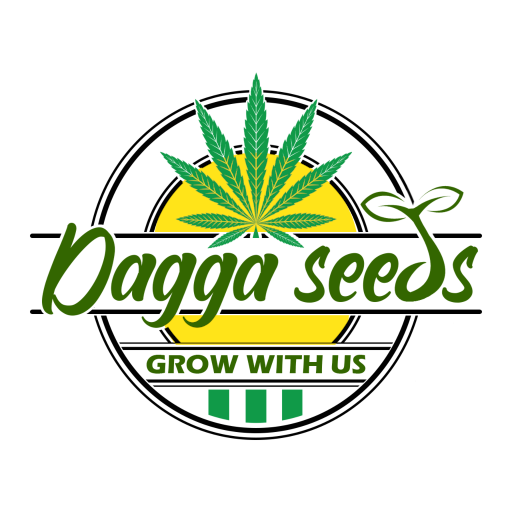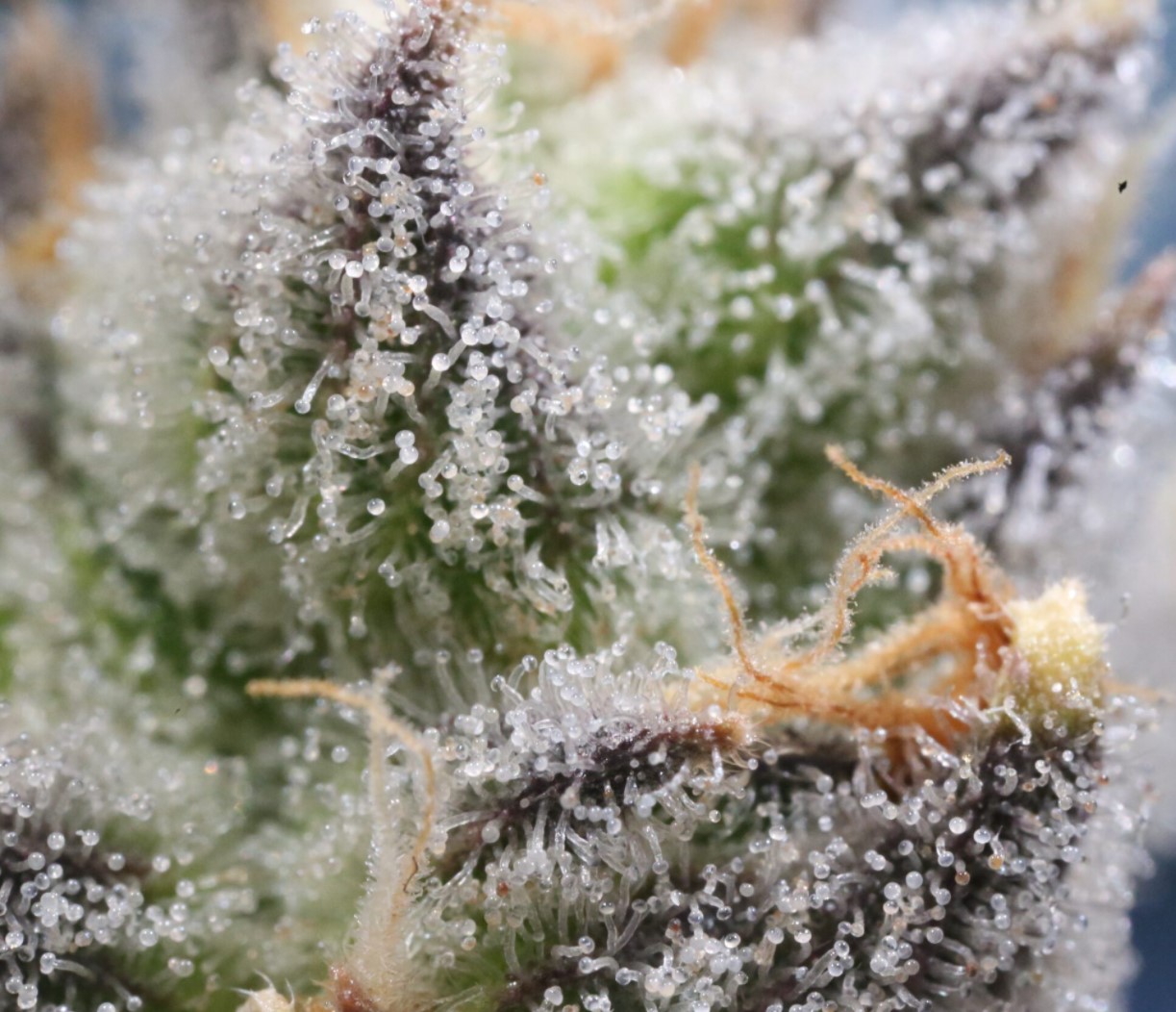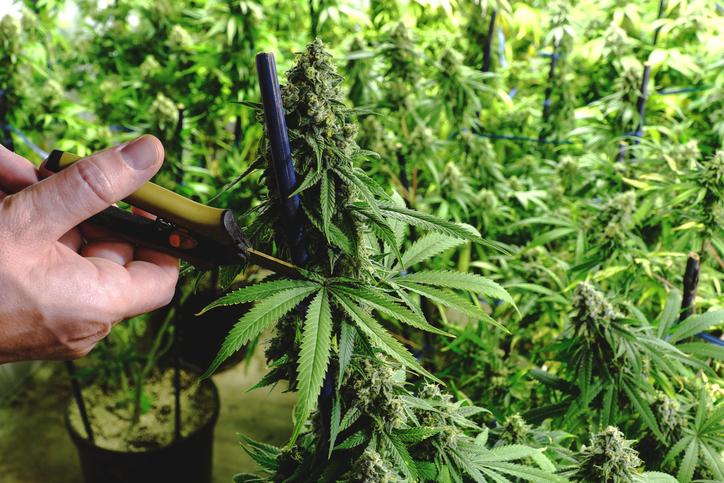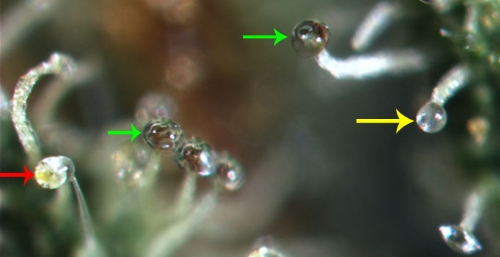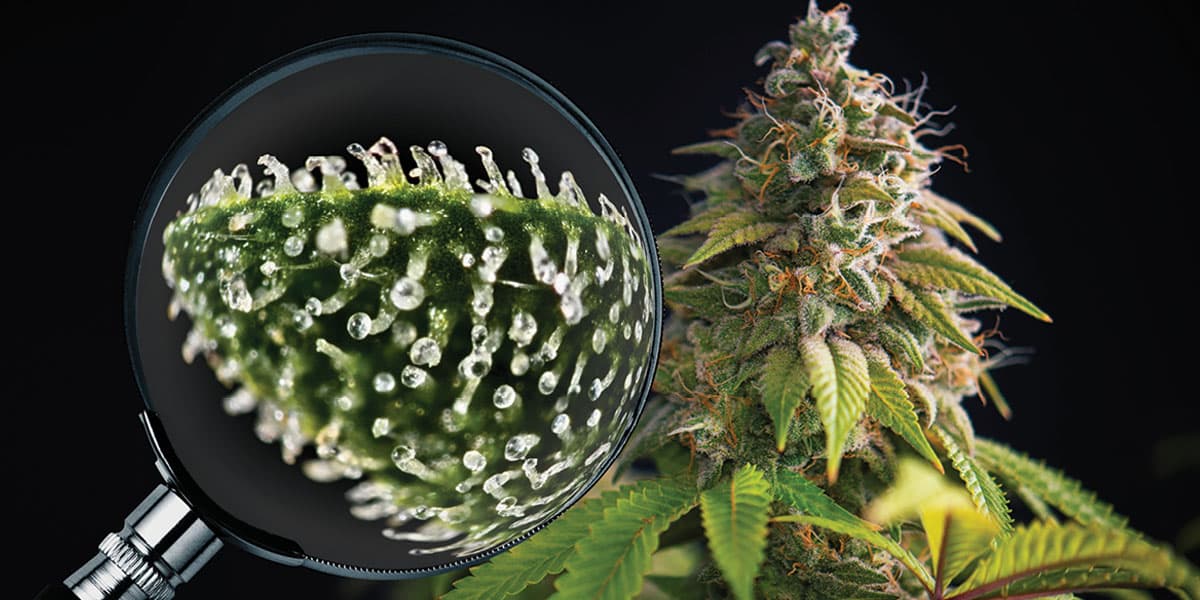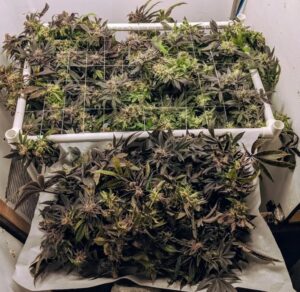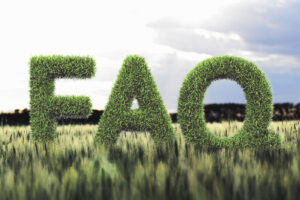Harvesting cannabis at the right time is crucial to ensuring the best yield and quality. A well-timed harvest can make all the difference between a mediocre and a mind-blowing cannabis experience. This comprehensive guide will walk you through the intricate process of determining the perfect time to harvest your cannabis crop, shedding light on various factors that influence the timing and techniques to maximize your yield.
Key Indicators to Determine Harvest Time
There are several factors that can help you determine when to harvest your cannabis plants. Let’s dive into these indicators:
Trichome Color and Maturity
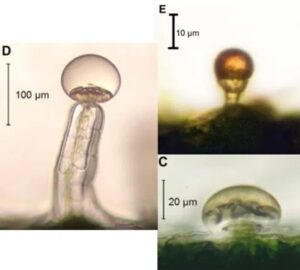
Trichomes, the tiny resin glands on the surface of cannabis flowers and leaves, play a crucial role in determining the right time to harvest. They start as little spheres, gradually developing into mushroom-like structures with stems. The color and condition of these trichomes can give you a good idea of the plant’s maturity.
Pistil Color and Maturity
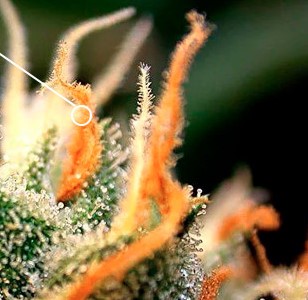
Pistils, the delicate white hairs found on cannabis buds, also provide valuable clues about whether the plant is ready for harvest. As the plant matures, the white pistils transform into a brownish-orange hue.
Environmental factors
The light cycle, temperature, and humidity levels throughout the growth cycle can significantly impact the plant’s health and readiness for harvest.
Strain-Specific Harvest Windows
Different cannabis strains have different flowering times, so understanding your specific strain can be helpful in determining when to harvest.
Sativa vs. Indica
For instance, Indica strains usually mature faster and are ready for harvest after about eight weeks of flowering. On the other hand, Sativa strains typically take a bit longer, often needing around ten weeks of flowering before they’re ready for harvest.
The Duration of Cannabis Harvest
The duration of cannabis harvest can range from 8 to 12 weeks, depending on the strain you’re growing. However, most cannabis strains are typically ready to harvest around the 10-week mark.
Signs you are Ready to Harvest your Cannabis Plant
Here are some of the key signs to look for in a cannabis plant that’s ready to harvest:
Trichome Color
3 Stages of Trichome Development.
| Green Arrows | Clear (transparent) Trichomes |
| Yellow Arrows | Cloudy (opaque) Trichomes |
| Red Arrows | Amber Trichomes |
An optimal time to harvest your cannabis plant is when approximately 90% of the trichomes have turned cloudy white, with around 10% transitioning to an amber color.
Pistil Color
Another sign that your cannabis plant is ready to harvest is when about 50-70% of the pistils have changed color from white to shades of red, brown, or orange.
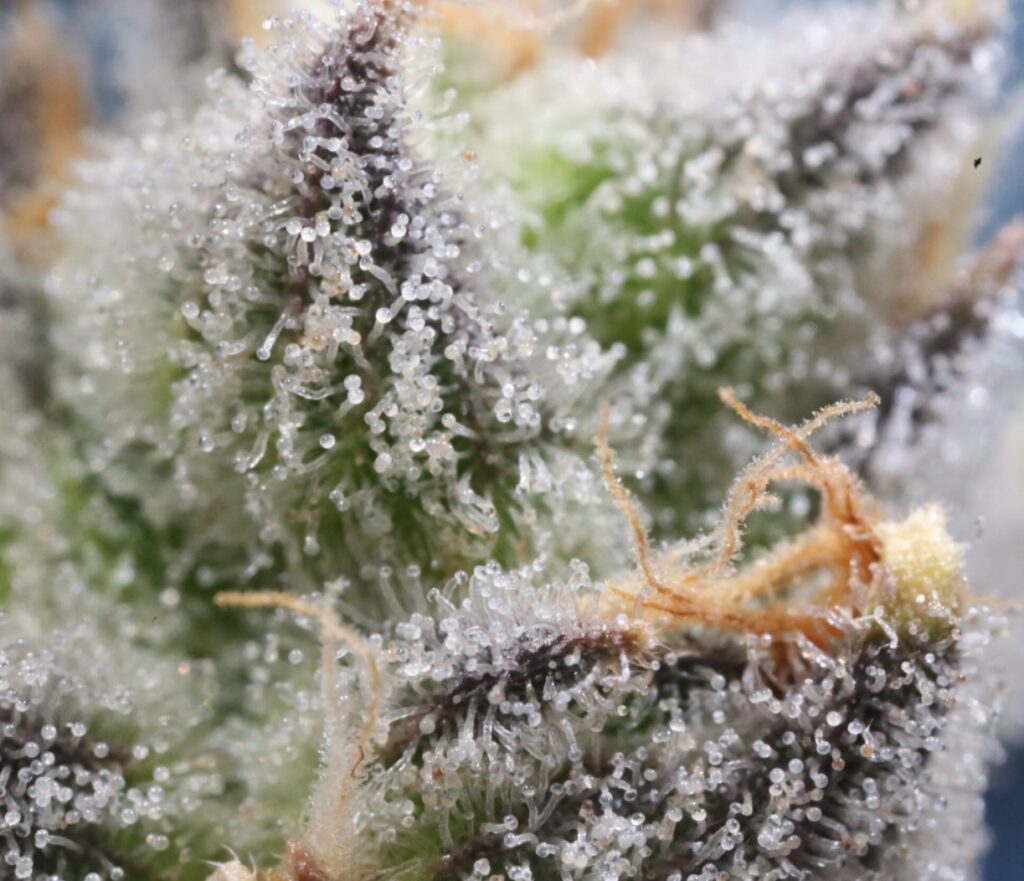
Bud Density and Size
The shape and density of the buds themselves are also crucial in determining when to harvest the plant. Ripe buds ready for harvest are typically firm and tightly packed.
Smell and Taste
Usually, cannabis starts to emit a distinctive smell around 3-5 weeks before it’s ready to be harvested. This occurs during the flowering period and is distinct from the smell you get when burning cannabis, as it is the smell of the plant itself.
Testing for Potency
Another way to determine when to harvest your cannabis is to test for potency.
THC and CBD Levels
To test cannabis for CBD and THC levels, you can use DIY home testing kits or send a sample to a laboratory specializing in cannabinoid analysis.
Terpene Profile
You can also perform a terpene profile test by sending a sample to a laboratory that offers terpene analysis.
Signs Your Cannabis Plant is Not Yet Ready for Harvest
If you want to know when to harvest your cannabis plants, it’s equally important to understand when you should hold off on harvesting. Here are several signs to look out for:
White Pistils
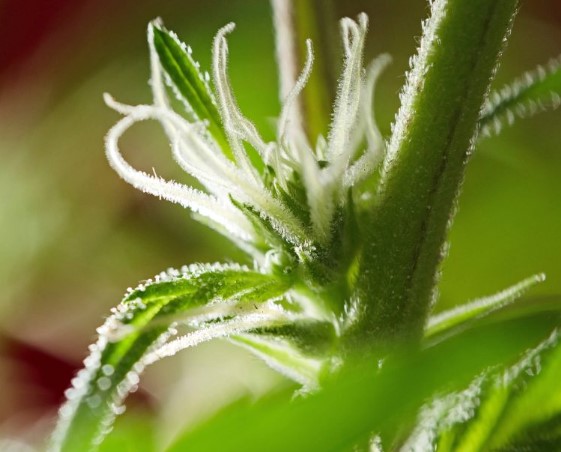
If the majority of the pistils (hairs) on the buds are white and stick straight out, it indicates that the plant is not fully matured.
Clear Trichomes
The trichomes, those tiny resin glands on the buds, should still be mostly clear or transparent. Immature plants have trichomes that haven’t developed into milky or amber colors.
Lack of Bud Density
If the buds feel light and airy and lack density and weight, it suggests that they have not fully developed and need more time to grow.
Green Appearance
The overall color of the plant should be vibrant green. If the fan leaves remain fully green and don’t start to yellow, the plant is not fully ripe.
Immature Fragrance
Unripe cannabis typically lacks the potent aroma associated with mature buds. If the scent is still relatively mild or lacks the characteristic fragrance, it suggests the plant is not ready for harvest.
The Consequences of Not Harvesting at the Right Time
If you harvest your cannabis too early or too late, you won’t achieve the desired effects and potency levels.
Harvesting Too Early
Harvesting too early results in a lighter high as the buds won’t have fully developed their aromatic and flavorful potential. The buds will have lower levels of CBN, THC, and CBD, giving you a softer and more active high.
Harvesting Too Late
On the other hand, if you wait too long, THC and CBD start to degrade, transforming into CBN. This results in a more narcotic and heavy effect, which is not the same as the cozy relaxation typical of Indicas. Late harvests also risk losing out on the delightful flavor.
Identifying Overripe Cannabis
Take a close look at those trichomes once again and pay attention to their color. If you spot a majority of amber trichomes, it’s a sign that the cannabis flowers have reached an overripe state. Be prepared for disappointment, as the harvested weed may have an unpleasant taste.
Identifying Ready-to-Harvest Trichomes
Harvesting begins when new white pistils have mostly stopped growing, and around 30-40% of them have darkened and curled. The highest THC levels are reached when the trichomes appear milky white or cloudy under magnification. These milky trichomes are ready to harvest and provide more euphoric and psychoactive effects. Around 50-70% of the pistils will have darkened at this stage.
Methods to Harvest your Cannabis
Knowing when to harvest your cannabis plants is one thing, but knowing how to harvest them is another. There are several methods:
Manual Harvesting
Manual harvesting is the most popular method among small-scale growers. You will need shears or scissors, isopropyl alcohol for cleaning, plastic gloves, plastic trays, and a drying rack or box. Always clean your tools, wear gloves, and maintain a clean space.
Machine Harvesting
For large-scale growers, machine harvesting might be more practical. Machines like the bucker can remove flowers and leaves from the stalks quickly and efficiently, speeding up the process.
Wet vs. Dry Trimming
Another decision you’ll need to make is whether to trim your cannabis plants while they’re still wet (immediately after harvesting) or after they’ve been allowed to dry for a few days. Most experts tend to favor wet trimming as the more efficient method.
Conclusion
To sum up, the best way to learn when to harvest cannabis is to look at the trichomes and pistils. Harvesting too early results in a lighter high, while harvesting too late can turn your buds into a sleeping medication. Learning when to harvest marijuana is key to your success as a cannabis grower.
Frequently Asked Questions
1. How Do You Know When Your Cannabis Buds Are Ripe?
Your cannabis buds are ripe when approximately 90% of trichomes are milky white and 10% have turned amber color. Also, the buds are ready to harvest when around 50-70% of pistils have turned red, orange, or brown.
2. When Should We Stop Watering Before Harvesting your Cannabis?
A good rule of thumb is to stop watering 1-3 days before harvesting. By allowing your plant to wilt slightly, you can increase resin production.
3. At What Stage Should you Harvest your Cannabis?
You will need to wait 6-12 weeks until the harvesting, depending on the strain. Harvest when around 90% of trichomes are milky white, and 10% are amber. Plus, around 50-70% of pistils should have turned red, brown, or orange.
